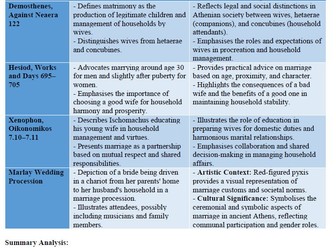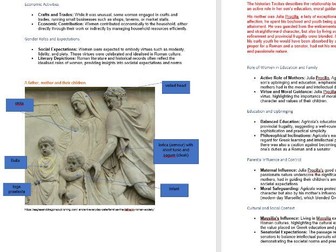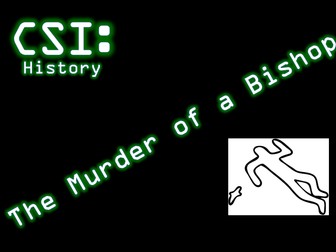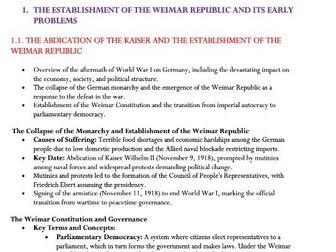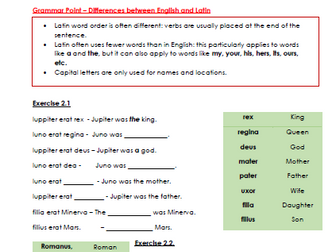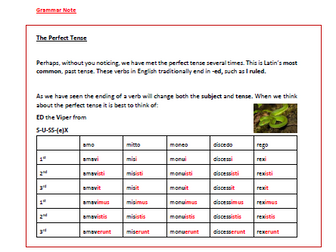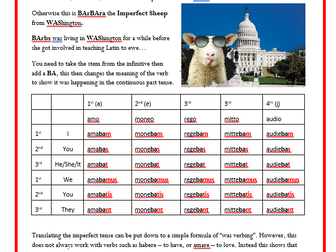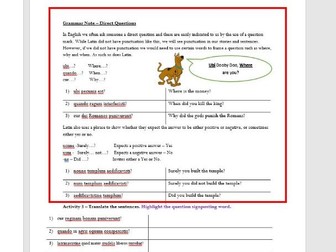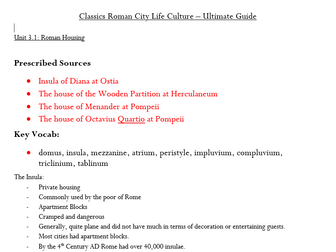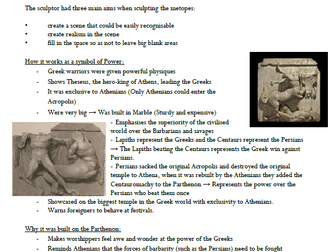Panto in an Hour - Christmas Pantomime Form Time Activity - Cinderella
<p>This was designed by a Head of House to create a Form time activity for Tutors to engage with their Form. We planned to have a designated performance space for multiple Forms to watch the same sketch.</p>
<p>This could be used across year groups or something to do with Year 7 or 8s.</p>
<p>There are scaffolded activities here.</p>
<p>At the very least it will be something enjoyable for a tutor looking for a short Christmas activity.</p>
<p>Included:<br />
PowerPoint introducing ideas<br />
Objectives<br />
Synopsis<br />
Scaffolded Resource One - Noted scenes<br />
Scaffolded Resource Two - Tableau<br />
Key phrases</p>
<p>Have fun and Merry Christmas</p>
